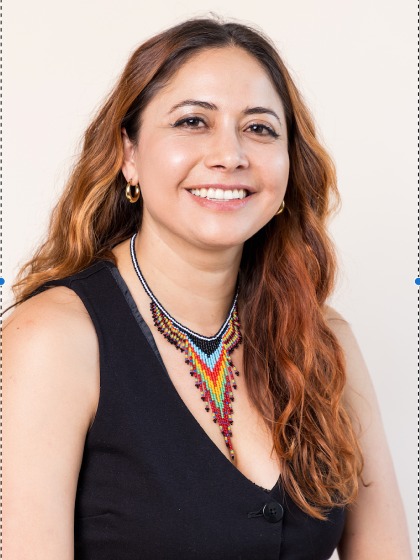A.G. (Gabriela Gallardo Lastra) Gallardo Lastra, PhD

Feminist Democracy (2023-2024)
This study examines the role of feminist movements, electoral parties, and women’s voting behavior in shaping feminist democracy in Latin America during elections. The central hypothesis is that when right-wing parties that oppose women's and LGBTQIA+ rights threaten progressive options, feminist movements mobilise, and women are inclined to vote against them. The research compares elections in seven countries: Argentina, Bolivia, Brazil, Chile, Colombia, Ecuador, and Mexico. It evaluates candidates’ government plans and speeches using four feminist indicators: care work, gender-based violence, gender diversity, and abortion. It also analyzes feminist movements’ influence during campaigns and compares voting patterns by gender. The findings suggest that Latin American women’s political behavior, in mobilization and voting, reflects a nuanced response to political parties’ approaches to feminist demands, rather than fitting a binary progressive-versus-conservative framework.
Buen Vivir from a decolonial feminis perspective (2020-2024)
This study contributes to the discourse on Buen Vivir (Living Well), or Sumak Kawsay in Quechua, by exploring it through the lens of Ecuadorian Indigenous women’s experiences. It aims to amplify their voices in the ongoing efforts to integrate Buen Vivir principles into their daily lives. The analysis addresses three central questions: (i) the cultural heritage and contemporary use of Sumak Kawsay among Indigenous peoples, particularly women; (ii) the meaning of Sumak Kawsay for Indigenous and peasant women; and (iii) the challenges they face in achieving the conditions of Buen Vivir. Employing a methodological framework informed by decolonial feminism and constructivism, this study draws on the work of scholars such as Byrne and Imma, Zaragocin and Varea, Lugones, and Pérez Orozco. A discourse analysis of seven interviews with Indigenous women leaders and writers deconstructs their lived experiences to reconstruct a deeper understanding of their agency and potential for transformation. As findings, it critiques the conceptualization of Buen Vivir for its lack of intersectional analysis, highlighting the exclusion of subaltern women’s perspectives and the perpetuation of class- and gender-based inequalities. The findings call for a collective and democratic reconstruction of Sumak Kawsay that incorporates Indigenous and peasant women’s voices, challenges patriarchal and extractivist structures, and addresses systemic social injustices. The argument is made that Buen Vivir is unattainable without gender equality, situating feminist and Indigenous movements as essential to this transformative process.
